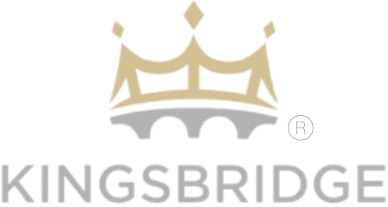3 Smart Bookkeeping Tips for Entrepreneurs
When you start your own business, it's easy to get caught up in creative passions and lose sight of important back-office tasks like bookkeeping. According to Balancing Everything, one in five small business owners, or just over 20%, admit to not knowing enough about bookkeeping. However, properly managing your finances is critical for any successful company. Here are three smart bookkeeping tips to make entrepreneurship easier.
1. Stay Organized From Day One
Getting organized early on saves future headaches. Track all receipts and financial transactions in an accounting software program or spreadsheet. Log each expense under categories like office supplies, equipment, marketing, or utilities. Record money coming in as well. Developing these diligent bookkeeping habits means you'll always understand your cash flow. Having organized, category-based income and expense tracking gives you the data you need for tax time. Rather than scrambling to sort through piles of paper, you'll have detailed reports at your fingertips.
2. Automate What You Can
Nowadays, so many bookkeeping tasks can be automated. Using small business accounting software connects all aspects of your finances. When you make or receive payments through linked bank accounts or credit cards, the transactions automatically download into your ledger. No more manually entering line items. You can also digitize and streamline invoicing and billing, inventory management, budget tracking, and other jobs. Setting up automation features saves you time on the day-to-day tasks, so you can focus on big-picture financial strategy. The right software tools can simplify bookkeeping. However, keep in mind that strategy can't be automated, so make sure that you have a professional on your team to help guide your company's overall capita strategy.
3. Know When to Call in Help
Bookkeeping services manage tasks you don't have bandwidth for. This assistance gives you more freedom to work on marketing, networking, product development, and expanding your entrepreneurial dreams. Outsourcing duties like payroll, taxes, regulatory compliance issues, or accounting summaries offloads burdens while giving you financial insights. You benefit from the support of financial experts without having to hire full-time staff. Look for bookkeeping services that have experience with small businesses specifically. Choose services that integrate smoothly with your existing systems and provide dashboards for easy financial insights.
Staying on top of finances may not be the fun part of starting a company, but diligent bookkeeping habits set you up for success. Getting organized early, automating what you can, and calling in help when needed makes entrepreneurship a little bit smoother. Follow these tips and you'll be able to keep your eye on the numbers while also focusing on your deeper business goals. If you're in need of bookkeeping services to help your small business, let us help. Call now to get started.
Share Post:
Leave Your Comment
search Article
Recent Posts








